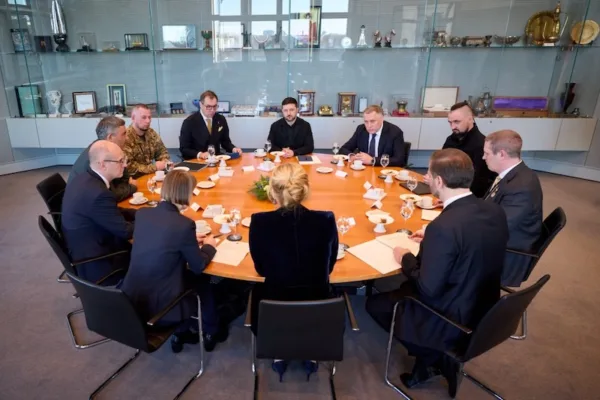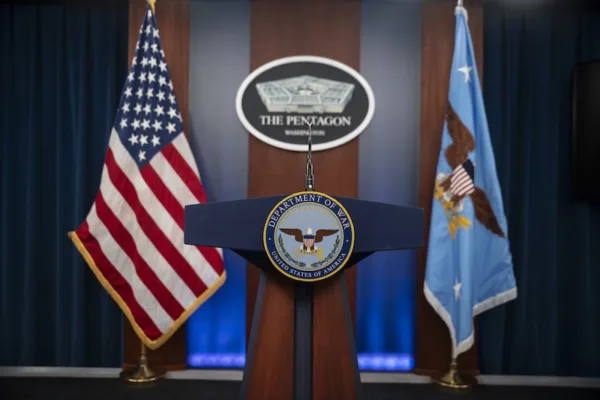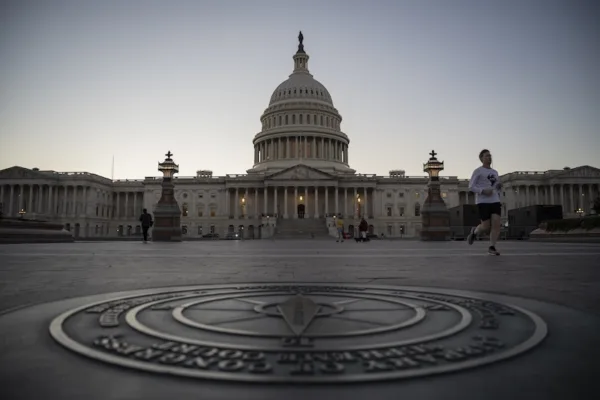Central and Eastern Europe in the Era of Putin
In the opening sentence of “The Tale of Two Cities,” Charles Dickens wrote, “it was the best of times, it was the worst of times…” This sentence describes the situation of Eastern and Central Europe better than anything else nowadays. It is one of the best times for the countries of this region, because since their emergence as nation states for the first time, they are officially part of the economic and political union of Europe as independent entities. On top of that, many these states are a member of a formalized and institutionalized security and military alliance of the Western world. However, the same countries are also facing hard times due to the geopolitical environment, as Russia is flexing its military muscle and began demonstrating its aggressive stance against Ukraine. Since the beginning of the crisis, the state of Ukraine lost Crimea, and is now under the threat of losing more Eastern territories to the pro-Russian groups that have been supported and sponsored by Russia.
Despite the imminent danger that Central and Eastern European nations have felt since the beginning of the crisis in Ukraine, they do not look like they have been prepared for these moments and a potential crisis with Russia. Most of these countries have a long history of disputes with and even occupation by Russia, and in some of these nations, previous interventions by Moscow constituted a traumatic moment in their collective memories. With the crisis in Ukraine, most of these memories resurfaced, and rethinking in regards to security emerged in the public sphere. Because of that, historical analogies are dominating to the tone of most of these debates. Although the political context is much more different now, as these states are part of EU and NATO, the states of Central and Eastern Europe are still experiencing increasing insecurity and vulnerability.
According to many in these countries, the European Union – which most of these states are part of – now have been given mixed signals for these states. Although as a union, the EU strongly opposed and criticized the Russian action in the region and the attack to the sovereignty and territorial integrity of Ukraine, some of the individual member states are exhibiting contradictory policies when their own interests are at stake. For instance, these nations are extremely disturbed by the French decision to sell new amphibious assault ships to Russia in the midst of such a security crisis. More significantly, the ambivalent relations between Germany and Russia and increasing economic ties create concerns and question marks for the Eastern and Central European states. In addition, the declining level of coordination between Germany and Poland in regards to the Ukrainian crisis is making Poles feel diplomatically excluded from the process of conflict management in the region. Moreover, the reaction of the United Kingdom to the Ukrainian crisis, which is one of the states that guaranteed the territorial integrity and security of Ukraine during the Budapest Memorandum, was also considered largely insufficient. Although the divergence of opinions and positions can be explained as a result of the lack of a framework of common foreign and security policy of the EU, the lack of sensitivity to the concerns of its partners in a political union upsets the nations in this region. Unintentionally the first thing that comes to the mind of Central and Eastern Europeans become the invasion of Danzig by the Germans at the onset of the Second World War and the indifference that Europeans exhibited during this period. Recently, Polish intellectuals drafted an open letter to European powers reminding them of their “selfish and short-sighted policy towards an aggressor,” which was symbolized by the statement of “Why Die for Danzig?”
Under these circumstances, the main question in the Central and Eastern European nations is about the U.S. policy in regards to potential Russian aggression. These nations are aware that in the case of a military or paramilitary involvement of Russia to the politics of these nations, Western security organizations can become meaningful only when the U.S. commits its resources to fulfill its responsibilities. However, recent U.S. policies in different parts of the world created anxiety among these nations. Just like Japan, the NATO allies in Central and Eastern Europe are worried whether the U.S. will act decisively to support its treaty allies when their security and sovereignty is violated by another region. This situation is more worrisome for Polish public opinion in particular. In his first term in office, President Obama reversed his plan to install interceptor missiles as part of a missile defense shield program. The decision was taken as part of a “reset” in relations with Russia, but caused a huge reaction in Poland. The Polish government was especially irritated by the decision, which put it in an awkward position against Russia.
In fact, the crises in Ukraine have become a wakeup call for the Central and Eastern European nations. On paper, they may be in the best of times in which they are part of the formalized institutions of European Union and Western collective security framework; however, they are not sure how much these institutions will matter when they face an aggression from Russia. Because of that in reality these nations also may be in one of the worst times of their history. Now, many in Central and Eastern Europe who thought that they were feeling the comfort of EU and NATO have forgotten about the possible responsibilities that they may have to face in the changing geopolitics. In the coming weeks and months, we may witness interesting debates in these countries about their security and their relations with great powers. In this sense, the Ukrainian crises may leave very deep and consequential marks in the geopolitical visions of Central and Eastern European nations.
This article was originally published in Daily Sabah on September 8, 2014.




















